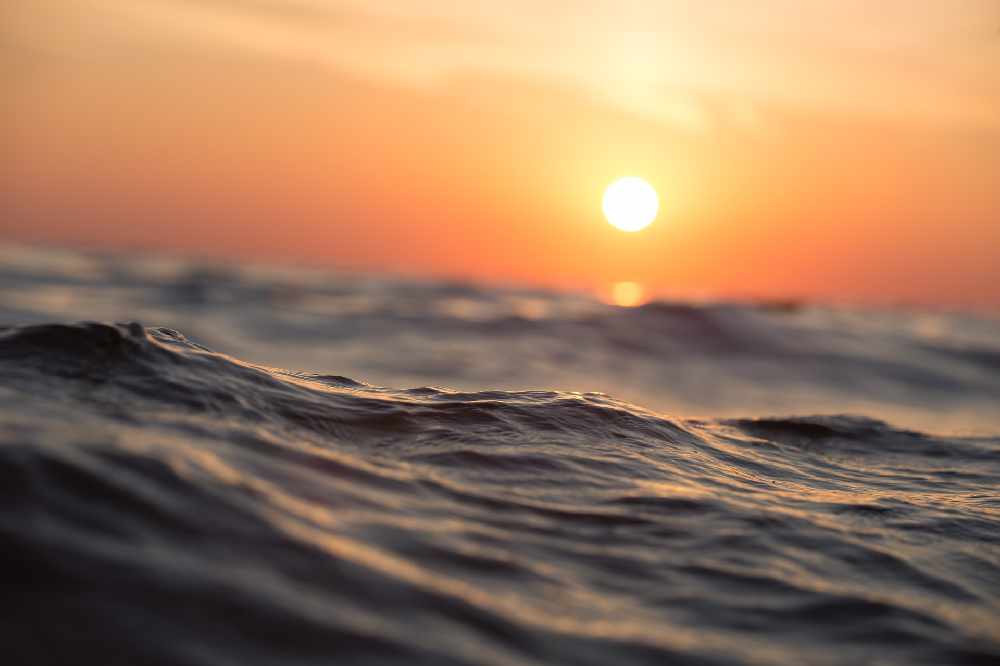
A study has found the seabed permanently removes 10,000 tonnes of carbon every year - the equivalent weight of emissions produced by our agriculture and waste management sectors.
That comes from government research into Jersey's 'blue carbon', which is the amount of carbon which is stored in the sea's plants and animals.
The report estimates that:
* over 12 million tonnes of carbon is stored in the shells of animals such as crabs and clams and in corals.
* 80,000 tonnes is stored in coastal seaweeds.
* 15,000 tonnes is stored in marine animals - from worms to dolphins.
Head of the government's Marine Resources, Dr Paul Chambers, says Jersey's waters have 'considerable potential'.
"It was one of those things that actually came out of just a simple question when we were asking amongst ourselves in the team - 'what is the potential for this here?'
We ended up spending about three or four years getting the information and building the model.
We certainly didn't expect the levels of carbon (that are) estimated by this report.
The numbers were quite surprising, but the fact that we have got decent blue carbon resources wasn't a massive surprise."
Dr Chambers says marine life can help tackle the climate emergency by absorbing carbon and greenhouse gasses from the atmosphere.
"The more plants grow and things, the more of that gets absorbed into them. And then as those plants die, and the remains get washed around, some of them will get buried, and the carbon that comes from that growth gets locked away.
So to put it in very basic terms, the marine environment has the capacity to be able to take some of the carbon out of the carbon dioxide and other gases that we are adding into the atmosphere and to lock them away."
Dr Chambers says that the study is the first step of Jersey being able to offset its carbon emissions.
"If you've got a habitat that's particularly good at capturing and locking away a carbon, something like seagrass, then it is possible to, through sort of international agreed terms to use the carbon against the actual emissions that you produce.
There's quite a long process to go through before we would be that in position to start doing that, because there's all sorts of accreditations and thresholds and things that you have to meet, but we have started that process. This report is the beginning of it."
Further work will now be done on refining estimates, mapping and laboratory analysis.
It is being supported by the Blue Marine Foundation, the University of Plymouth and the University of Exeter.
Environment Minister Deputy Jonathan Renouf has welcomed the publication of the 'blue carbon' report:
"95% of the Bailiwick of Jersey is sea, and so it makes sense for us to explore what role our marine environment can play in combating climate change.
However, utilising the potential of this resource for carbon sequestration and offsetting will be far from straightforward, and we will need to carefully explore the available options over the next couple of years.”
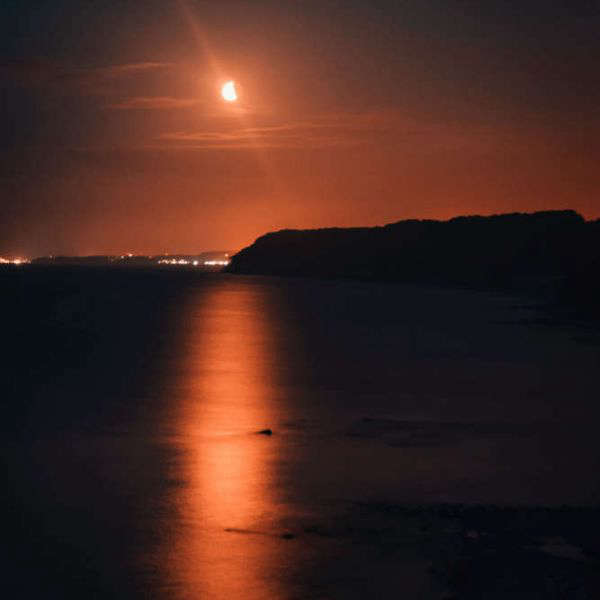

 Rooftop bar, climbing wall and concert hall in £110m Fort Regent plans
Rooftop bar, climbing wall and concert hall in £110m Fort Regent plans
 More schedule changes for Jersey to St Malo route
More schedule changes for Jersey to St Malo route
 Indefinite treatment order for man who stabbed shop manager
Indefinite treatment order for man who stabbed shop manager
 55 week wait for child autism and ADHD assessments
55 week wait for child autism and ADHD assessments
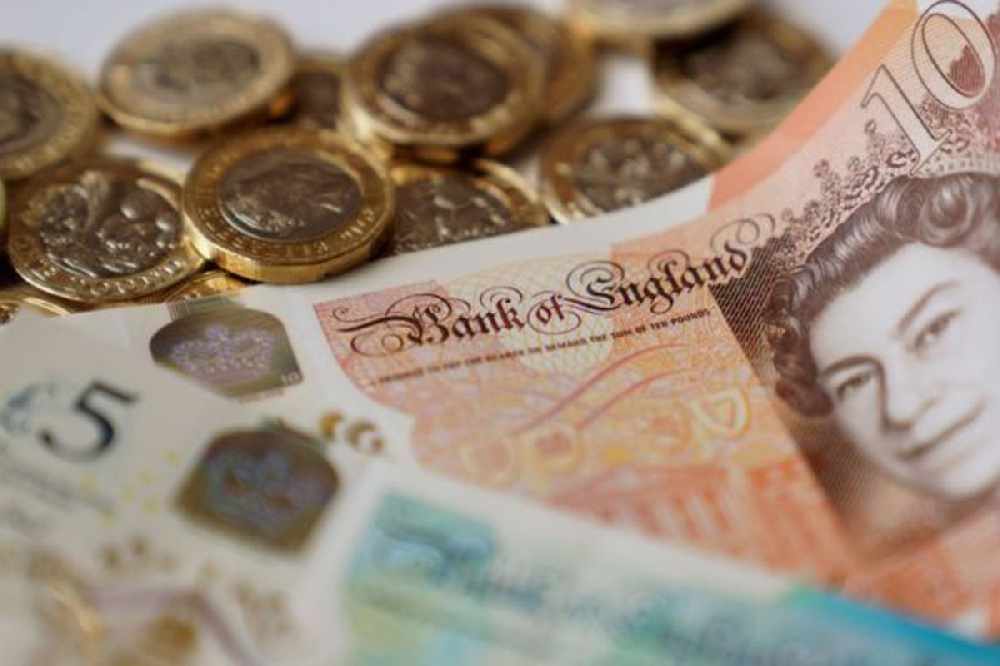 Workers in Jersey must be paid at least £13 an hour
Workers in Jersey must be paid at least £13 an hour
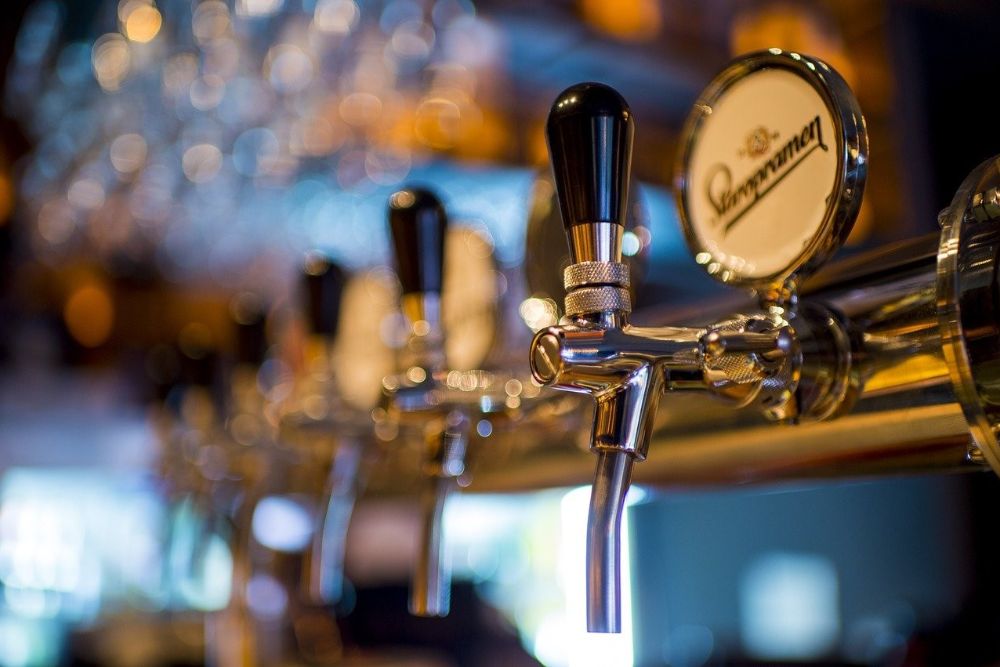 Pubs and nightclubs open later for Liberation 80
Pubs and nightclubs open later for Liberation 80
 Jersey teen with autism and epilepsy to tackle 150 miles for charity
Jersey teen with autism and epilepsy to tackle 150 miles for charity
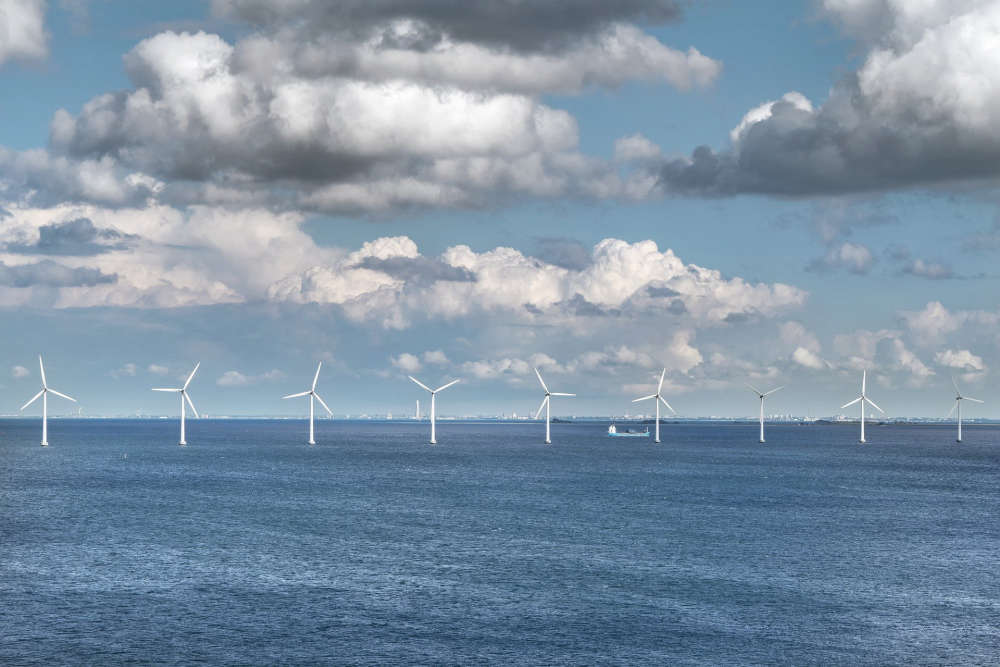 Jersey company keen to exploit CI wind potential
Jersey company keen to exploit CI wind potential

